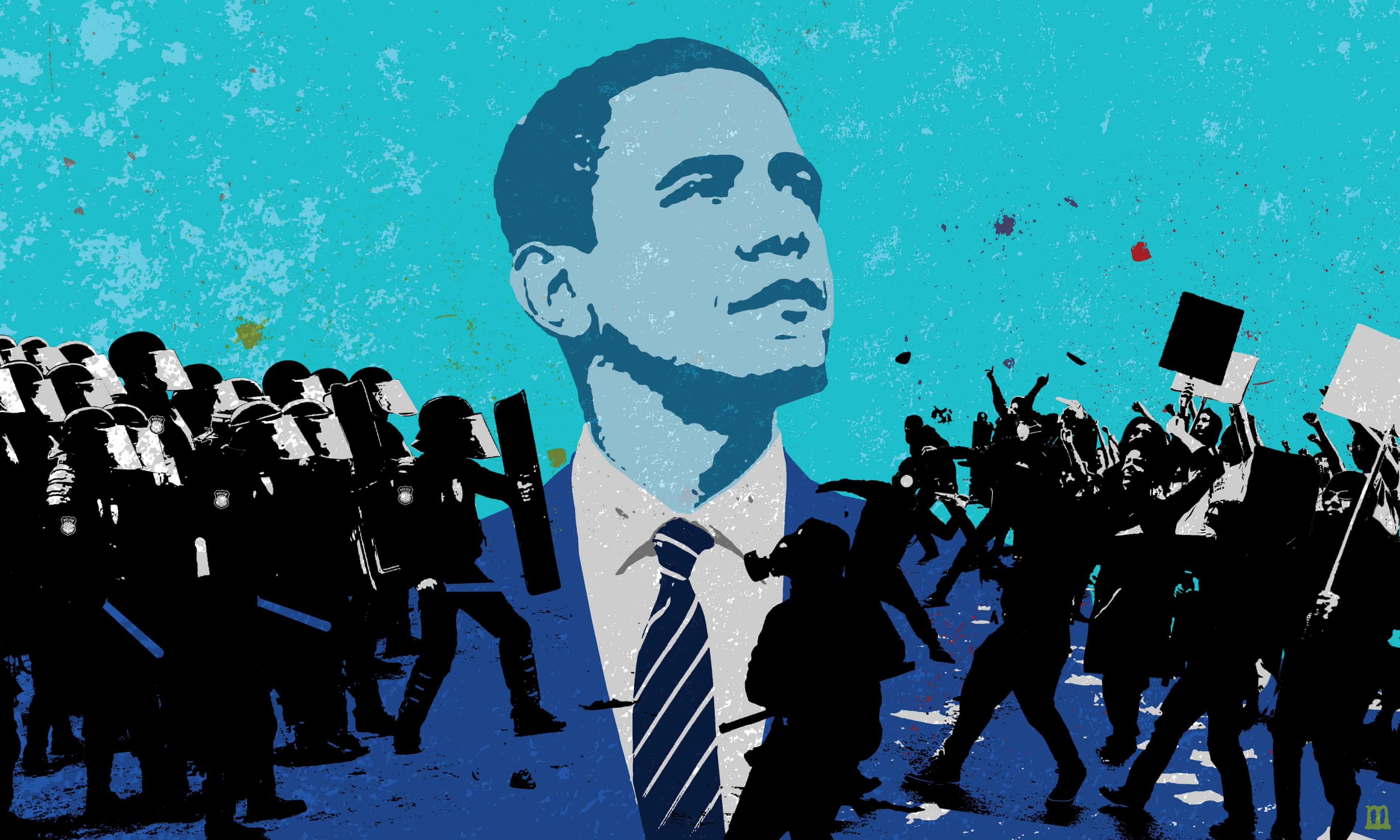‘Our children can become president, too’: Obama’s presidency was a dream realizedPosted in Articles, Barack Obama, Identity Development/Psychology, Media Archive, Politics/Public Policy, United States on 2017-01-20 14:44Z by Steven |
‘Our children can become president, too’: Obama’s presidency was a dream realized
The Grio
2017-01-19
Kevin Cokley, Professor of Educational Psychology; Professor of African and African Diaspora Studies
University of Texas, Austin
 Large crowds watch the inauguration of Barack Obama as the 44th president of the United States on a large screen in the neighborhood of Harlem on January 20, 2009, in New York City. (Photo by Chris McGrath/Getty Images) |
Friday marks the end of an historic and improbable presidency of Barack Hussein Obama, the first black president of the United States.
In his 2008 victory speech, President Obama emphasized a message of hope and said that “change had come to America.” His presidency marked what some believed was a milestone in race relations and the ushering in of a “postracial” country.
For African-Americans, President Obama was a powerful symbol of what African-Americans could achieve in a country stained by a history of anti-black racism and oppression. So, what was the psychological impact of Barack Obama’s presidency on black America?
As an African-American professor of psychology and Black Studies and a scholar on racial identity, I am particularly interested in this question. The election of Obama as president was an indicator for some African-Americans that racism against blacks was finally decreasing. Black people became much more optimistic about the ‘American dream.’…
Read the entire article here.

